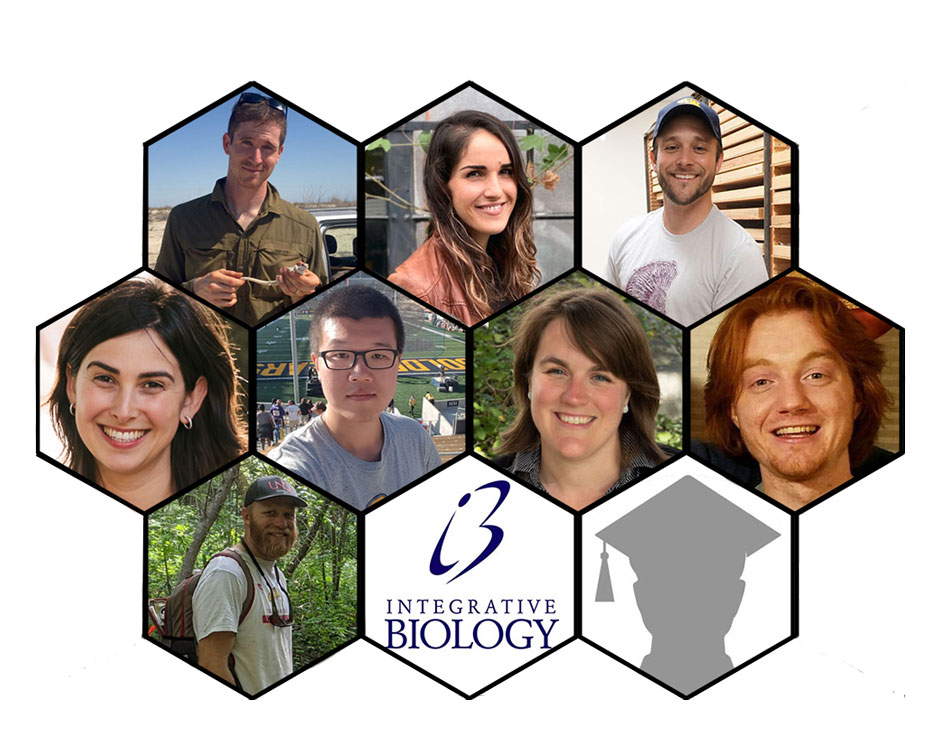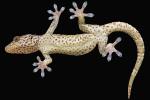Edith Smith bred a bluer and shinier Common Buckeye at her butterfly farm in Florida, but it took University of California, Berkeley, graduate student Rachel Thayer to explain the physical and genetic changes underlying the butterfly’s newly acquired iridescence.
In the process, Thayer discovered how relatively easy it is for butterflies to change their wing colors over just a few generations and found the first gene proven to influence the so-called “structural color” that underlies the iridescent purple, blue, green and golden hues of many butterflies.








